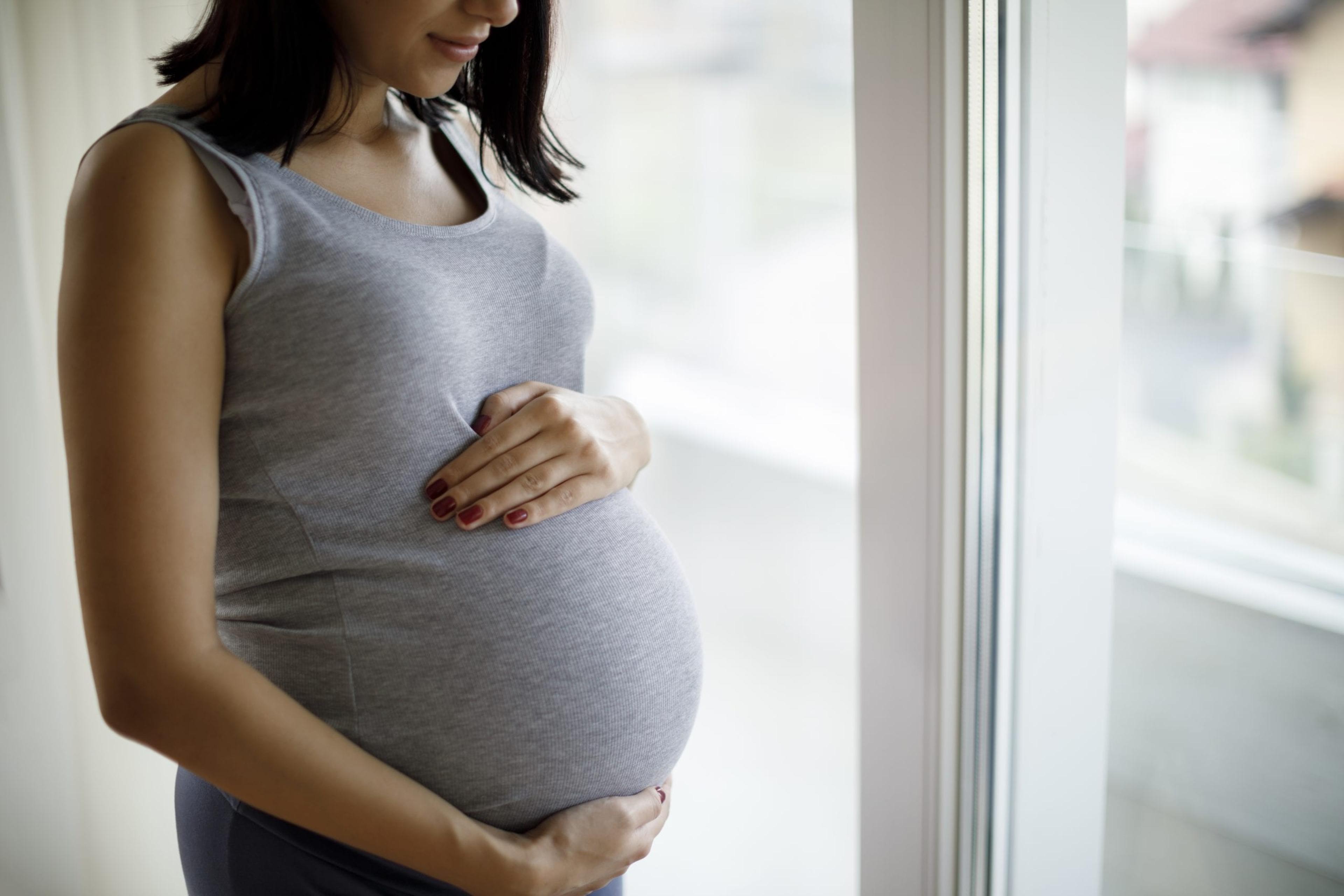Report: Chronic Conditions Negatively Affecting Pregnancy Outcomes

Dr. Patricia Ferguson, M.D.
| 2 min read
Dr. Patricia Ferguson, M.D., is a former medical dir...

A new report finds that more women are entering pregnancy with pre-existing health conditions, increasing the risk for both pregnancy and childbirth complications. That’s one of many concerning findings from a Blue Cross Blue Shield Association report looking at trends in pregnancy and childbirth complications in the U.S. It’s the latest report in The Health of America Report® series. The findings were reached by examining 1.8 million pregnancies between 2014 and 2018 among commercially insured women ages 18-44. From 2015 to 2018, the prevalence of physical and behavioral health conditions diagnosed prior to pregnancy rose, sometimes significantly (prevalence rates per 100):
During the same time period, pregnancy and childbirth complications increased 16.4% and 14.2% respectively. About seven out of every 1,000 pregnant women experienced both kinds of complications, a 31% increase since 2014. This chart shows the prevalence rate of different complications per 1,000 births.
Care during and after pregnancy is important to ensure a safe pregnancy, childbirth and healthy postpartum period. However, many women aren’t receiving the care they need. A BCBSA survey found that 14% received no prenatal care during the first trimester of their pregnancy and 46% of those women had problems accessing care due to availability of appointments, lack of transportation or finding nearby providers. The COVID-19 pandemic has also had a direct impact on pregnant women, with one in four women missing a prenatal visit and 53% reporting that they could not have a loved one in the delivery room with them; 15% delivered their baby at home. The increase in virtual care options also led to 48% of pregnant women shifting their prenatal appointments to virtual visits. After childbirth, mothers also saw a nearly 30% increase in postpartum depression diagnoses, with the diagnoses being most prevalent in women aged 18-24. The report also breaks down maternal information by state. Michigan women rank 10th in the nation for postpartum depression, with about 122 out of 1,000 mothers experiencing the mood disorder. Michigan moms also face the 17th highest rate of pregnancy complications and rank 22nd for childbirth complications. Read the full report here. Related:
Photo credit: damircudic





